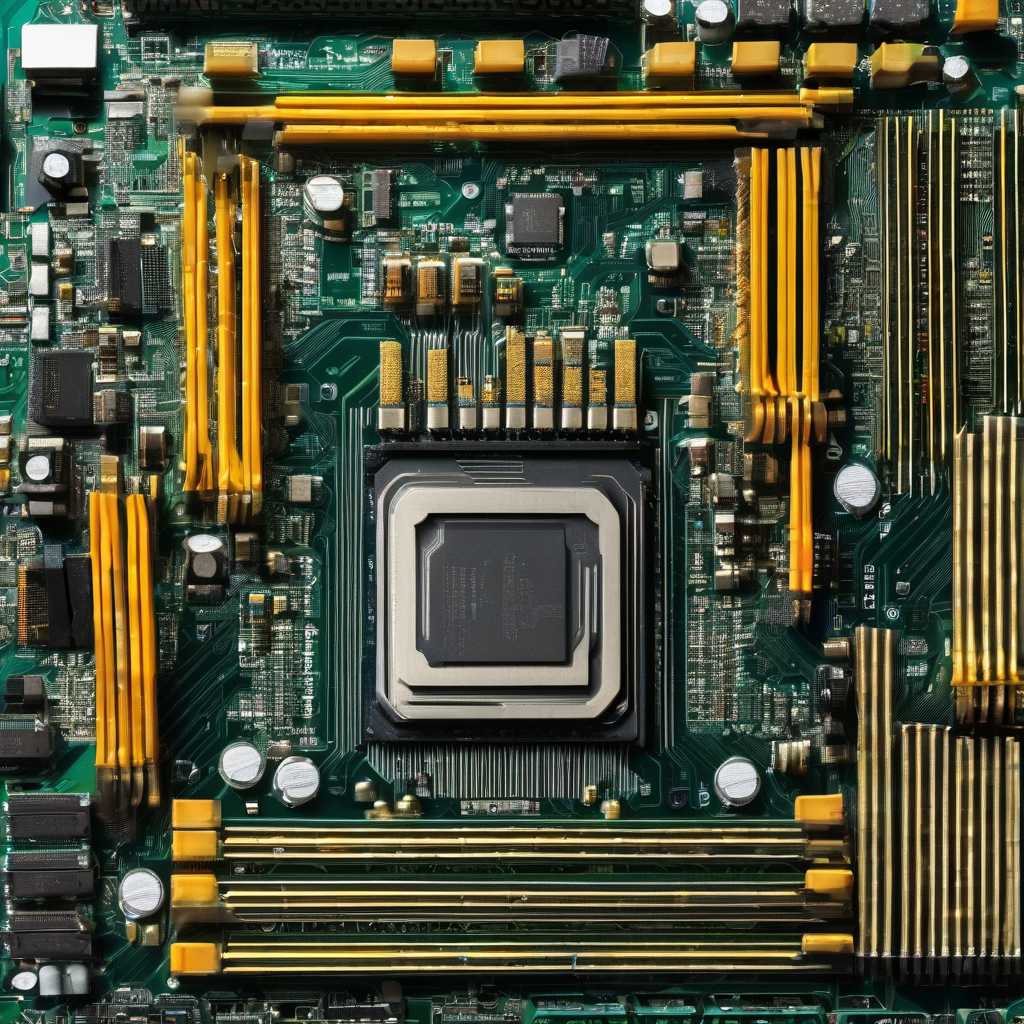The eagerly anticipated beta for Call of Duty: Black Ops 7 is set to begin on October 2 for early access players, with a wider launch on October 5 ahead of the game’s official release on November 14. Activision is emphasizing the need for players to ensure their systems meet specific requirements, including the activation of Secure Boot and TPM 2.0.
In an official communication, Activision stated, “On PC, the Black Ops 7 Beta will require TPM 2.0 and Secure Boot.” This move is part of an overarching strategy to enhance anti-cheat measures within the game, as highlighted by the introduction of the Ricochet anti-cheat system during the beta phase. The company is committed to tackling cheat creators and distributors through both technological and legal avenues, promising ongoing advancements to enhance the integrity of gameplay.
While Secure Boot is aimed at ensuring only legitimate software runs during startup, it can create challenges for players who do not have compatible hardware or who dislike the implications of such stringent security measures. This sensation was echoed by Battlefield 6’s technical director, who admitted the complications of enabling Secure Boot.
The necessity for these security features raises concerns, particularly for those using older PCs that lack UEFI support. The reality is that as game developers increasingly lean on these technologies for a fair gaming environment, players may find themselves at a disadvantage if their systems do not meet the new requirements.
Despite these hurdles, the commitment to improving game protection and preventing cheating marks a hopeful step towards a more secure and fair gaming landscape. Players and developers alike are navigating a complex terrain in which security and playability must find a balance, but the overall intent to foster a robust gaming experience is clear. As the industry evolves, the integration of such anti-cheat measures may become standard, presenting new opportunities for innovation in fair play.
